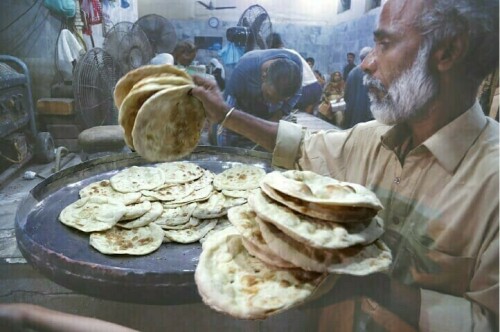ISLAMABAD: Majority of the forced conversion cases of non-Muslim girls are known to be complicated because of consent however failure to come up with a solution to this problem is an administrative failure and courts too have not been able to contain the root cause of this issue. Only with the help of legal cover issues faced by non-Muslim Pakistanis can be resolved.
This was pointed out by speakers at the ‘National Policy Dialogue on Protection of Minority Girls against Child Marriage’ on Wednesday.
They stressed that the core violation related to forced conversion of non-Muslim girls was underage marriage. The panel was organised by Centre for Law and Justice (CLJ) and speakers highlighted that various courts have given different verdicts on violation of the Child Marriage Restraint Act, 1929 and the Sindh Child Marriage Restraint Act, 2013.
Addressing participants, Hafiz Tahir Ashrafi, special representative of the prime minister on interfaith harmony, said certain elements were trying their best to divert attention from the real issue.
“There are some who claim that around 1,000 non-Muslim girls are forcibly converted to Islam in Pakistan, but I have repeatedly asked them to provide us details so that culprits can be brought to the task, but there is no reply,” Mr Ashrafi said, adding that parents have to face two troubles under these circumstances; the first one is the loss of their daughter and the second serious issue is that the police and the system does not allow them to even meet their daughter.
“But people on both sides try to make it a religious issue. It is an administrative failure and there is a need to strengthen dialogue among communities to avoid interference by spoilers,” he said while criticising religious segments who exploit such situations.
Parliamentary Secretary for Law and Justice Mehnaz Akbar called for stronger legal cover to contain child marriages and said that it would resolve the matter of forced marriages too.
She said that only with the help of legal cover, issues faced by non-Muslim Pakistanis can be contained and there was a need to streamline them in the mainstream.
Meanwhile, CLJ convener Mary Gill said majority of girls belonging to the Hindu and Christian communities were forced into marriage and forced to convert to Islam in the process.
“There are two laws in the country. While the minimum age of marriage for girls was 16 years in the rest of the country, it was 18 years in Sindh. We demand courts to implement these laws,” Ms Gill adding that a large number of girls in such cases were as young as 13 years of age, but neither the registrar, the union council, police and not even the courts sought proof from National Database and Registration Authority (Nadra) to determine the age of the bride.
“Besides, courts have even ruled that even though the marriage was solemnised out of law, it cannot be declared void,” she added.
The panel was addressed by MPA Sardar Ramesh Singh Arora, members of the civil society and representatives of various government bodies.
Published in Dawn, September 29th, 2022















































Dear visitor, the comments section is undergoing an overhaul and will return soon.